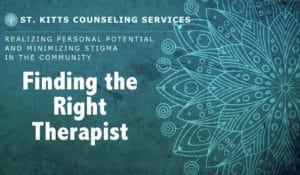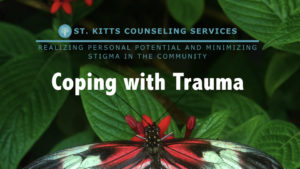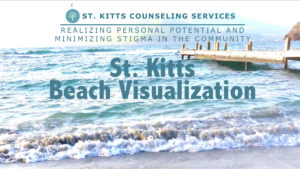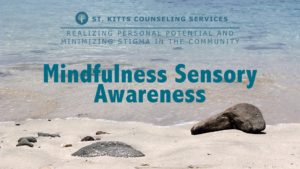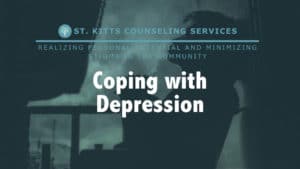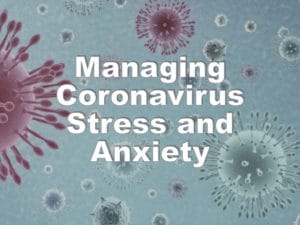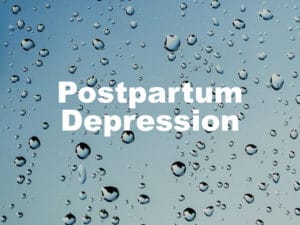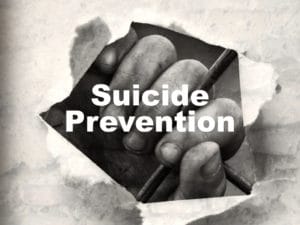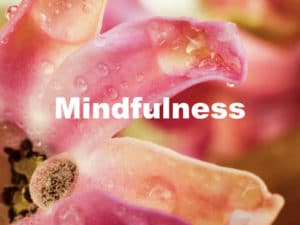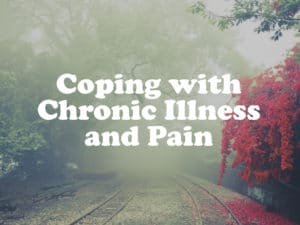
Anxiety is a feeling of worry that can be a completely normal response to stress; however, it can also be out of proportion to what’s going on, or feel impossible to control. In fact, it can feel so overwhelming that a person’s ability to work, interact with people, or follow a daily routine can be severely affected.
Anxiety is a real medical condition, developing from a complex set of biological and environmental factors, including genetics, brain chemistry, personality, and life events.
Types of Anxiety
“Anxiety” is a broad term that encompasses five subtypes. Although the symptoms of each type can vary across people, it can provoke extreme fear or worry that interferes with one’s normal lifestyle. Remember, these are real, medical problems.
Generalized Anxiety
Excessive uncontrollable worry about everyday issues, including work, money, friends and health. The worry is so great that it interferes with your daily life.
Social Anxiety
Avoidance of everyday social situations due to extreme worry about being judged by others or behaving in a way that might cause embarrassment or ridicule.
Panic Disorder
Severe attacks of terror, which may feel like you are having a heart attack or experiencing extreme physical anxiety for 1-10 minutes.
Specific Phobias
Excessive or unreasonable fear of something, and the desire to avoid the feared object.
Separation Anxiety
Excessive and persistent fear of separation from home, or from attached individuals.
FACTS ABOUT ANXIETY
Anxiety is a real, serious, and treatable condition.
Global rates of anxiety
Anxiety is the most common mental health difficulty worldwide, with 1 in 13 experiencing some form of significant anxiety difficulty, according to the World Health Organization (WHO)
Age of onset
Anxiety can occur at any age, but often surfaces during a person’s teens or twenties
Gender differences
Anxiety is twice as likely to occur in women than men
Medical appointments
People with an anxiety disorder are three to five times more likely to go to the doctor than those who do not suffer from anxiety disorders.
Disability
Globally, anxiety disorders are the sixth-leading cause of disability (defined by years of life lived with disability), with greater rates of disability occurring in females, and in people aged 15 to 34 years.
Quality of life, divorce, and unemployment
Anxiety is associated with a poorer quality of life in comparison to not having anxiety, higher rates of divorce and unemployment.
Signs and symptoms of Anxiety
Anxiety does not look the same in everybody but here are some signs:
- Excessive worry that is difficult to control
- Intense episodes of panic or fear, including fear of dying or going "crazy"
- Restlessness
- Being easily fatigued
- Difficulty concentrating
- Irritability
- Sleep disturbances
- Physical symptoms such as nausea, stomach pain, rapid heart rate, muscle tension, sweating, shaking, dizziness, numbness, or difficulty breathing
- Avoidance of social situations
- Avoidance of situations where you could be observed, or of performing in front of others
Things you can do to feel better
If you are experiencing excessive worry, stress reducing activities can help.
Exercise
Physical activity helps ease your body and mind by lowering your body's stress hormones, helping you to sleep better, and boosting your confidence.
Eat a balanced diet
Don’t skip meals. Try to eat healthy foods, and reduce caffeine, alcohol and sugar consumption.
Practice daily gratitude
Practice daily gratitude to focus attention on positive aspects of your day.
Spend time with positive people
Spend time with positive people and your social support, people who will not increase your tendency to worry.
Problem-solve
Problem-solve for difficulties that are causing you stress and are within your ability to control.
Get organized
Implement organizational strategies such as use of electronic calendars and to-do lists.
Deal with procrastination
Address difficulties with procrastination, as this type of avoidance significantly increases anxiety.
Take a time-out
Take a deep breath and count to 10. Stepping back allows you to clear your head.
Practice relaxation
Practice relaxation, mindfulness, yoga, and meditation.
Increase positive daily activities
Increase positive daily activities to boost your mood.
Practice self-care
Build self-care into your everyday day life.
When to get help
If the strategies described are not helping, get help now!
Anxiety is treatable, and with evidence-based treatment many people are able to feel much better. Early treatment can also prevent further issues, such as work, family or social problems, substance abuse, and depression.
Treatment often involves therapy, medication or a combination of both. It is important to know that not all therapies work equally. Cognitive behavioral therapy (CBT) is the most effective forms of therapy for difficulties with anxiety. Dr. Pereira of St. Kitts Counseling Services specializes in providing CBT for anxiety.
Contact Dr. Pereira
Contact Dr. Pereira at (869) 668-4646 to discuss your difficulties or to schedule an appointment. Call today to get started feeling better.
See also “Managing Coronavirus Stress & Anxiety,” “Mindfulness,” “Beach Visualization in St. Kitts,” and “Mindfulness Sensory Awareness.”

